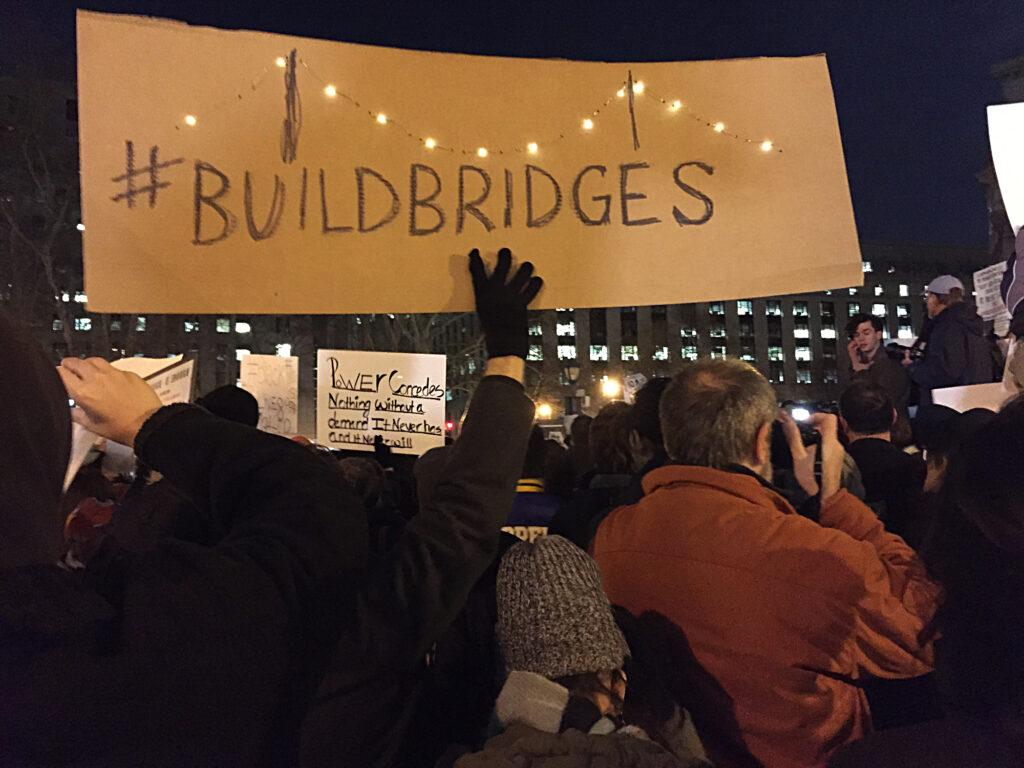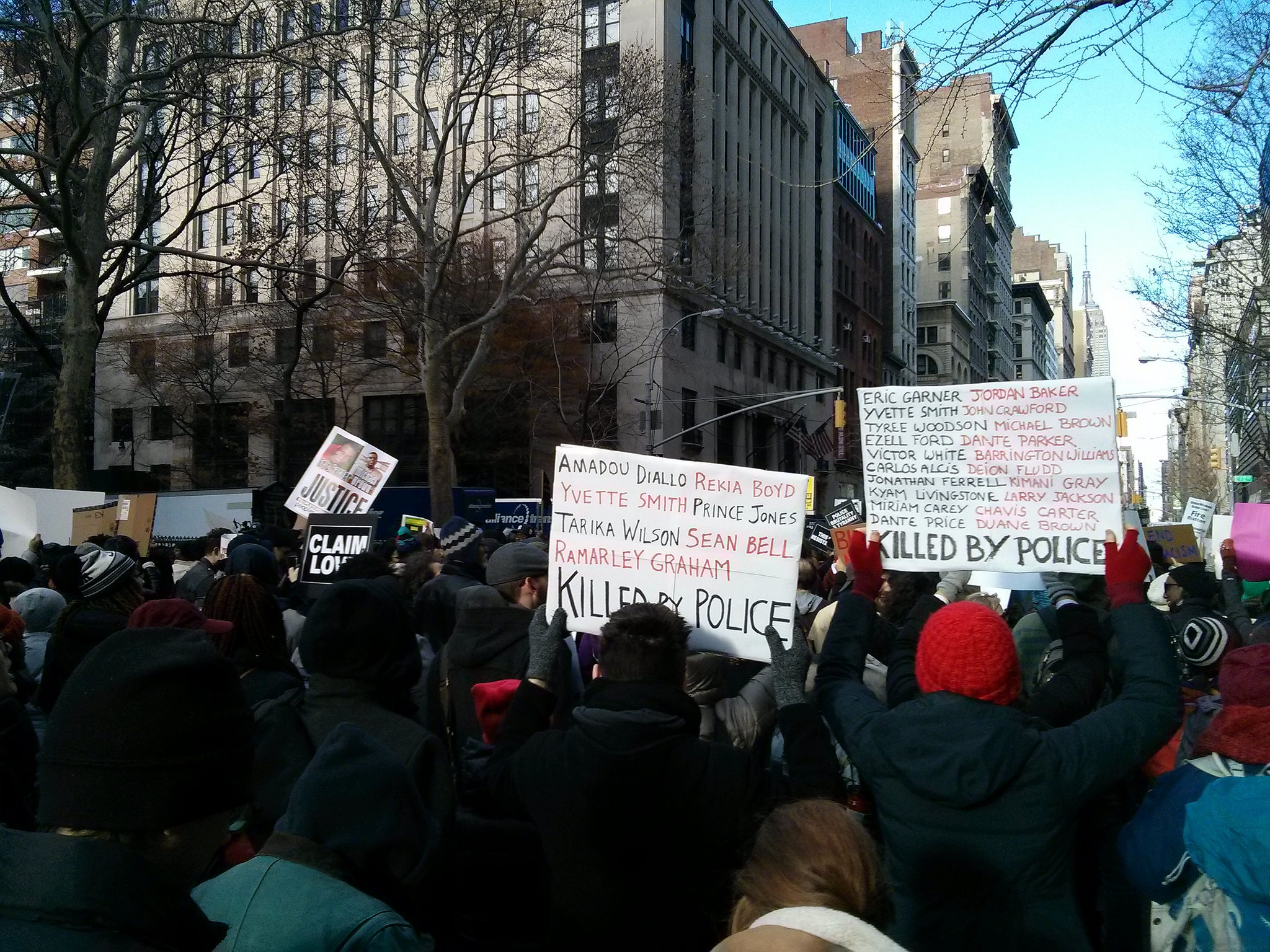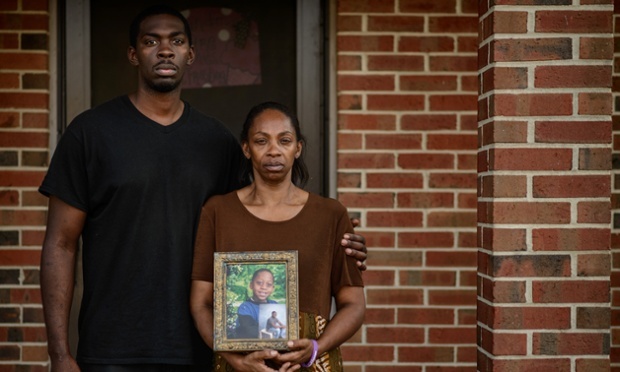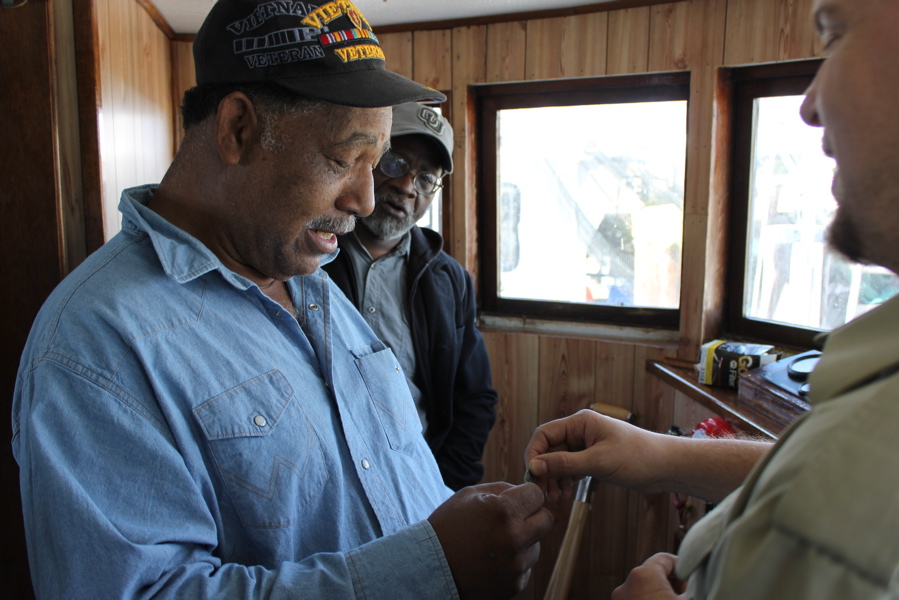
And he told them a parable to the effect that they ought always to pray and not lose heart.
He said, “In a certain city there was a judge who neither feared God nor respected man.
And there was a widow in that city who kept coming to him and saying, ‘Give me justice against my adversary.’
For a while he refused, but afterward he said to himself, ‘Though I neither fear God nor respect man,
yet because this widow keeps bothering me, I will give her justice, so that she will not beat me down by her continual coming.’”
And the Lord said, “Hear what the unrighteous judge says.
And will not God give justice to his elect, who cry to him day and night? Will he delay long over them?
I tell you, he will give justice to them speedily. Nevertheless, when the Son of Man comes, will he find faith on earth?”
— Luke 18:1
This parable is usually titled “The Unjust Judge and the Persistent Widow” and it asserts a harsh critique of this unjust judge as well as a healthy appreciation for the persistent widow. Verse two reads that there was a judge who neither feared God nor respected man. This judge sounds pretty familiar; and if we were to add a Grand Jury next to this judge it perhaps would be even more familiar, especially given the past few weeks. In fact it seems from this story that the poor and oppressed have not gotten justice from the criminal justice system for millennia. In this story the only way that justice enters is through the belief and action of the persistent widow- the judge eventually says that he will give the poor widow justice, but only because he is worried she will beat him down—or give him a black eye according to the Greek text. The judge admits that he does not fear God nor respect human beings even as he concedes that this woman’s adversary must make amends with her. He does not say that he’s changed his mind based on the widow’s persistence. He does not repent for his callousness or apologize for a broken justice system or even claim that he won’t continue to defraud and demean the poor and oppressed anymore. He seems unchanged by his interaction with the woman. And he certainly doesn’t change the system or believe it should be changed. But the widow gets justice in this story. It is a justice that is hers to take. It is a justice from below – from the streets, from outside the circles of power. It is a revolutionary justice.

I have been thinking of this parable a lot in the past few weeks, especially since the non-indictments in the cases of Eric Garner and Michael Brown. It particularly came to my mind when I was at the protest at Foley Square on Thursday December 4th, called for by Communities United for Police Reform (CPR). There, among the many handmade signs held by a great diversity of people, was one that read: “Power concedes nothing without a demand. It never has and it never will.” This is a favorite quote of mine from Frederick Douglass. And I think the same sentiment is there in Luke 18 – the Parable of Unjust Judge and Persistent Widow.
Luke 18 tells the story of the commitment, vision, and faith held by this persistent widow – faith that she can make a way out of no way. Widows in ancient Israel were the most exploited, the most oppressed, the most vulnerable of all the subjects of the Roman Empire. They were people who in the words of Rev. Dr. King had “very little or even nothing to lose” because they had close to nothing at all. Usually when people talk about widows they talk about helpless women without agency, but such is not the case in this parable. In this story the widow keeps coming back to the judge, so much so that he’s worried she’s going to give him a black eye, a bad image. When the widow gets “justice” it’s because she would not turn back, she would not back down, she will not give up the fight, she will get what she came for.
Widows are normally thought of as victims, and being prayerful and pious is usually thought of as individual, personal and passive, but such is not the case in this parable either. Instead Jesus admonishes his followers to continuously pray and then tells the story of a poor, oppressed widow organizing for justice. The widow’s demands for justice are the best form of prayer – in this story prayers are assertions of hope that society can be transformed to protect all life and especially the lives of widows, orphans, the poor and the oppressed, transformed by a woman who is most impacted by injustice herself. Here, religion is not an abstract collection of platitudes, a recitation of doctrines, a superstition or a detached ritual; nor is it the purview of ordained clergy. Rather the only way to demonstrate your commitment to a higher power is to fight tirelessly for justice, and the way God shows the divine is through asserting that all deserve and will have justice and freedom.

God’s justice is juxtaposed to the “justice” of the unjust judge, the “justice” of the ancient criminal justice system. Even two thousand years ago, the courts were on the side of those with wealth, power, citizenship. The power of the Roman Empire extended to everything – housing and living conditions, the farming and fishing industries, urban development, taxation, slavery, and debt, even state religion and especially law enforcement. In the Roman Empire, Caesar was the ultimate judge, savior, and God. But the God of Israel was not on top like Caesar. The God of Israel had led the slaves out of Egypt and had proclaimed release for the captive through God’s prophets through the centuries. The God of Israel was executed as an insurrectionist through Jesus in the first century.
We have used this parable for many years in our work with the Poverty Initiative and Kairos Center. It was first introduced to me by Jeff Mansfield and other leaders of the Restaurant Opportunities Center (ROC-NY) who applied this bible story in their weekly prayer vigils as part of an organizing campaign to demand increased wages and better working conditions from Fireman Hospitality Group, a grouping of upscale restaurants that had a practice of racial and gender discrimination, stealing tips and wages, and threatening and disciplining workers for trying to organize. In those vigils they focused especially on the first line of the parable where Jesus teaches people to pray continually and not lose heart; ROC-NY asserted that these vigils and the ongoing actions and organizing of restaurant workers were forms of praying.
For weeks now, thousands and thousands of people have been praying for justice with our feet. And the kind of justice we are demanding is a justice that states (in the words of Eric Garner): “this stops today.” The kind of justice we are demanding connects the fast food workers and Wal-Mart workers resisting low-wages to the families in East New York who are mourning Akai Gurley to the more than 4,000 people who die in West Virginia every year from coal extraction to the homeless leaders, public housing residents, undocumented immigrants, trans* youth and other poverty outlaws who face daily incursions from unjust, inhumane, and un-godly laws.

Hours after the non-indictment in the case of Eric Garner was announced on Wednesday, December 3rd and everyone was still reeling from the decision, I was on two conference calls. The first was focused on the call to build a new Poor People’s Campaign for today. It featured leaders from the Gulf Coast as well as Appalachia, the Midwest, the Northeast and others from across the US. People shared their stories of struggle, repression and even death at the hands of the powers that be. Powers like BP — who, instead of cleaning up the Gulf Coast after the biggest oil spill in history, poured toxic chemicals everywhere as part of an effort to pay a smaller settlement to the families who are dying from exposure to oil, corexit, and polluted air and water — and the state appointed emergency managers in Michigan who are cutting tens of thousands of households off of running water each month, resulting in kids being taken away from their families because they don’t have access to water. This in the richest country in the world and right next to one of the largest sources of fresh water in the world.
The second call was a Moral Movement national strategy call where leaders from the NAACP, the Unitarian Universalists, the nurses’ and service workers’ unions and other community organizations in Alabama, Mississippi, Massachusetts, Georgia, Virginia, New York, Indiana, and many more were working to build strategy and coordinated action around Medicaid expansion and the thousands of people across the country who would be sentenced to die without it. These calls were hopeful and in line with the example of the persistent widow. The people on those calls asserted that the those in power have no regard and may never have regard for our or anyone else’s lives but that by uniting “those who have little or even nothing to lose”, we can achieve a people’s justice. Those moments were deeply prayerful for me.
Indeed, the leaders in the Gulf Coast and Detroit and in my own city (NYC), are the persistent widows and the Frederick Douglasses of our day. In building a large scale social movement, with those most impacted by poverty and dispossession in the lead, we are refusing to be divided by our adversaries along lines of race or geography. We know that true justice will not come from politicians or the Department of Justice. We’re moving from self-blame and mutual fear to making a social claim on our society. This is our prayer and a demonstration of our faith.